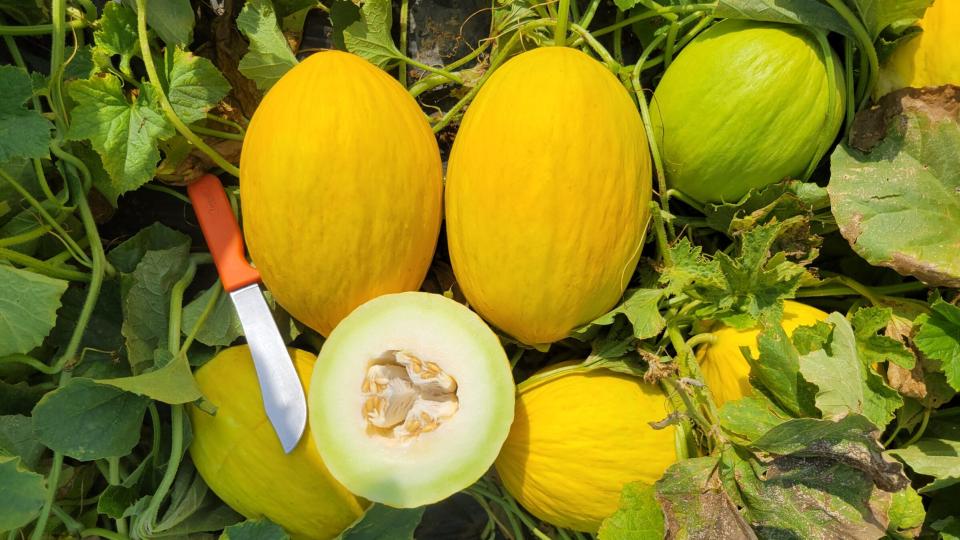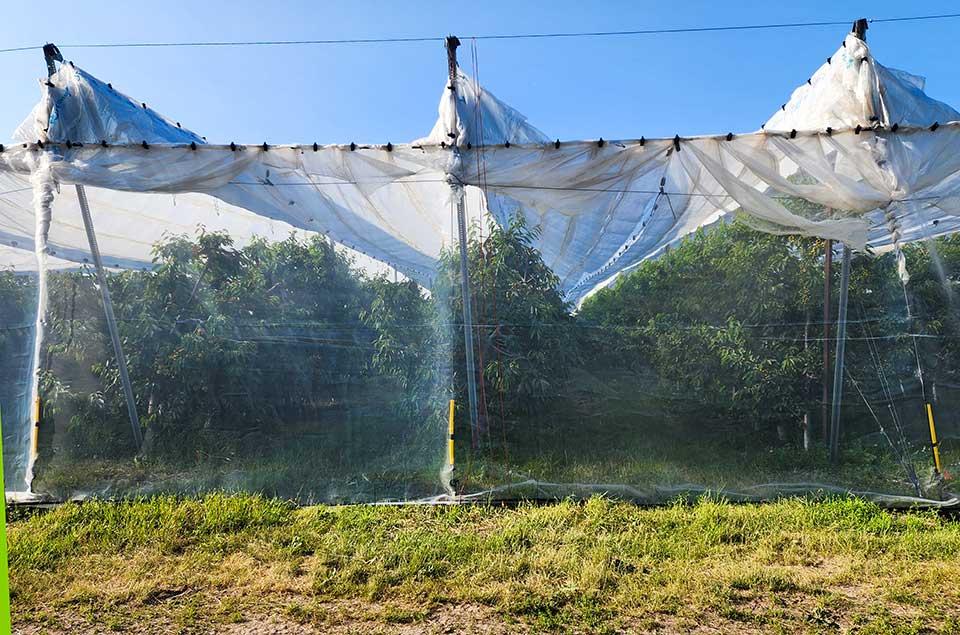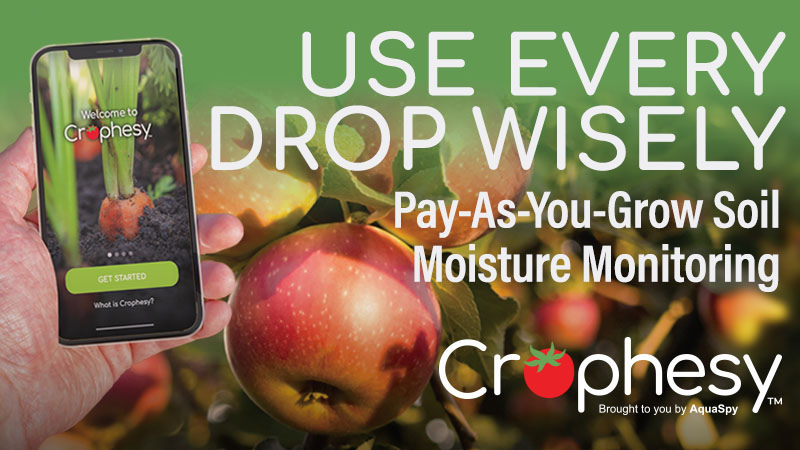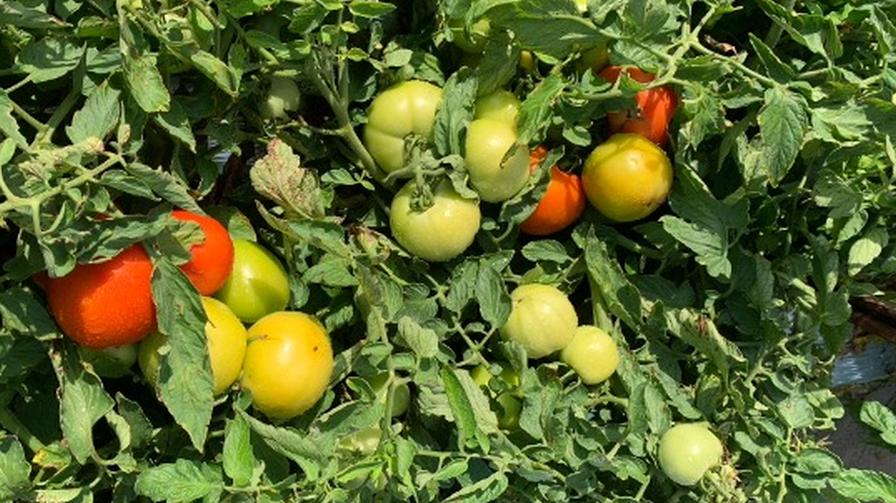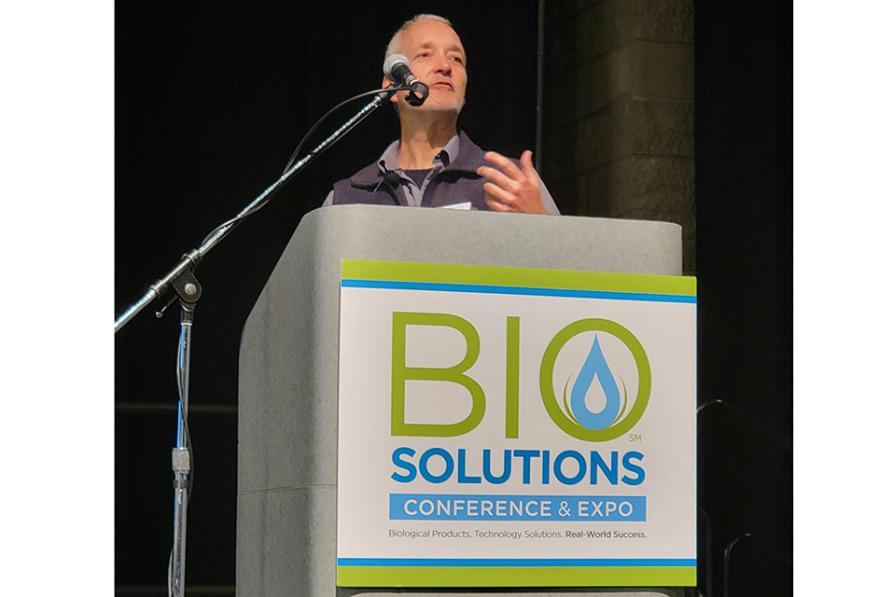The Call To Farm: Choosing A Career In Agriculture
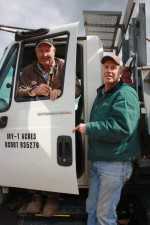
This story began when a British immigrant earned the American dream. Back in the 1850s, Robert Call came to the U.S. and started farming in upstate New York. Fast forward to today and the farm, now called MY-T Acres located in Batavia, has been a thriving vegetable and grain operation in the state.
Still owned by the Call family, the operation consists of 8,000 acres of vegetables and grain crops. More than 4,600 of those acres are dedicated to the production of beans, potatoes, red beets, carrots, peas, and cole crops. The farm was incorporated in 1960 by the fourth generation of Calls, Robert and Richard. Today, Richard’s three sons, Peter, Nathan, and Phil — also known as the fifth generation — are at the helm. Robert’s daughter, Patti Call Riner, is also involved in day-to-day operations.
Last year the farm was recognized for its commitment to the industry and was named Busi-ness of the Year by the New York State Agricultural Society. American Vegetable Grower caught up with Peter Call and Patti Riner to find out what it is like to be named Business of the Year, what are some of the biggest challenges they and growers in the area are facing, and their
hope for the future.
According to Peter, it was quite an honor to be acknowledged by the New York State Agricultural Society. “There are a lot of farms that are very successful,” he explains. “When you say ‘New York,’ people are unaware of the scale of agriculture in New York state. So it is very nice to be recognized among the many farms in the state. I have to say congratulations to our employees because without their help, we wouldn’t be here.”
Power Of The People
MY-T Acres is clearly doing something right in the area of employee loyalty as some have been with the farm for several decades. According to Peter, the farm offers an excellent benefits package coupled with a solid understanding of the importance of the family unit.
“We’ve had several employees here for more than 30 years, and one for more than 50 years,” says Peter. “We have a profit-sharing pension plan funded by profits from the farm that has proved to be a great asset to our employees.”
In spite of its appealing benefits package for employees, Peter says
that labor is the number one issue they face. “We have 30 full-time employees and we don’t use a lot of seasonal help,” he begins. “Most of our vegetable crops are for processing so we have mechanical harvesters for beets, carrots, beans, potatoes, and cabbage. Farming is hard work everyday, and people with a positive work ethic are hard to find.”
For example, he says the need for labor increases in a dry season. In drought-like conditions, such as the ones growers faced last year, the farm had poor control with many herbicides and had to rely on hand-weeding. Without enough rainfall, they also had to rely more on irrigation.
Specifically, Peter says the farm concentrated on irrigating the high-value crops, such as potatoes, beets, beans, and cabbage.
Opting to irrigate potatoes proved to be a winning move for the farm. “That has helped us a lot,” he explains. “This year, specifically on our potato crop, it was more evident. We were seeing that yields increased and the quality was better when the crop was irrigated.”
Keeping yields at optimal levels will require additional labor and
Peter says the issue will continue to be a challenge every year. “Without some form of workable immigration program for farm workers, we are limited with what we can do moving forward,” he adds.
Increase In Regulations
Coming as no surprise, the number two challenge for the farm is the onslaught of government regulations. For example, Patti says, additional paperwork is now necessary for Department of Transportation permits.
“Different rules apply to trucks carrying agricultural products to a processing plant than for a truck that brings the same product to the farm,” she explains. “For harvesting machines, they have specific rules for lights they must have, lead and follow vehicles to escort them, and size in width and length.” In addition, some loaders and forklifts do not need a license if they are going from farm to farm on a specific route, she adds.
“Authorities see a big heavy truck on the road, and then we have to educate them on the specifics,” says Patti. “There are a lot of different ag vehicles and they all have different rules to follow.”
It is a similar challenge in the area of food safety, she continues. The Produce GAPs Harmonized Food Safety Standard, the Food Safety Modernization Act, etc. are good ideas, but Patti says the problem is that different buyers want different food safety audits and the farm winds up following several plans.
“The Food Safety Modernization Act was set up to make guidelines for growers to follow and buyers to accept,” she explains. “When there’s just one set of guidelines, it’s much easier for growers to be compliant. The numerous audits required by various buyers — to growers — seem to ask who can make requirements more detailed and more specific than another buyer’s requirements.”
As MY-T Acres strives to deliver to its customers, the operation is mindful of preserving its assets and reserving its resources, but it also has to pay attention to changes in the marketplace.
“Operational changes occur when markets change or processors close their doors (see “MY-T Acres At A Glance”),” explains Patti. “Plus, change is going to occur when the economy gets better and our urban neighbors start sprawling.”
Young Blood
To move the farm into the future and deal with the unknown, college educated young people who are ready and willing to operate the farm will be necessary. According to Peter, these people will have a better understanding of GPS, be able to quickly gather records from the computer, and much more.
“Technology is expanding and evolving at a very fast pace and it’s hard to keep up with equipment and record keeping products that aren’t suddenly outdated,” adds Patti.
New and fresh ideas also will be critical to the future of the operation.
As the fifth generation looks to the future, they are waiting to find out if the sixth generation plans to take the reins.
The next generation has the option of having a place on the farm, but that will be their choice. “We don’t have a specific plan for tomorrow,” says Patti. “There are many scenarios that could happen. Our plan and hope is to continue to improve the land, continue farming, and feed the people.”





